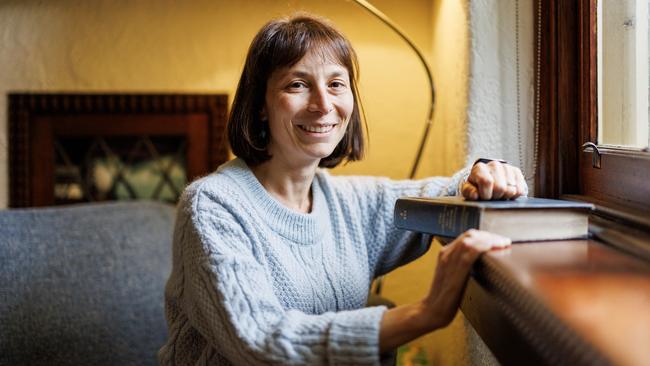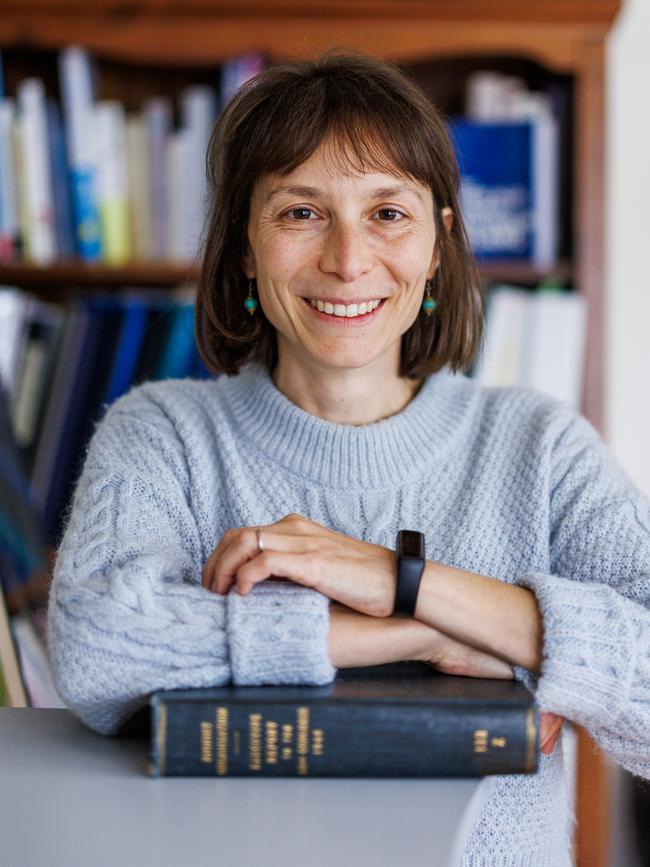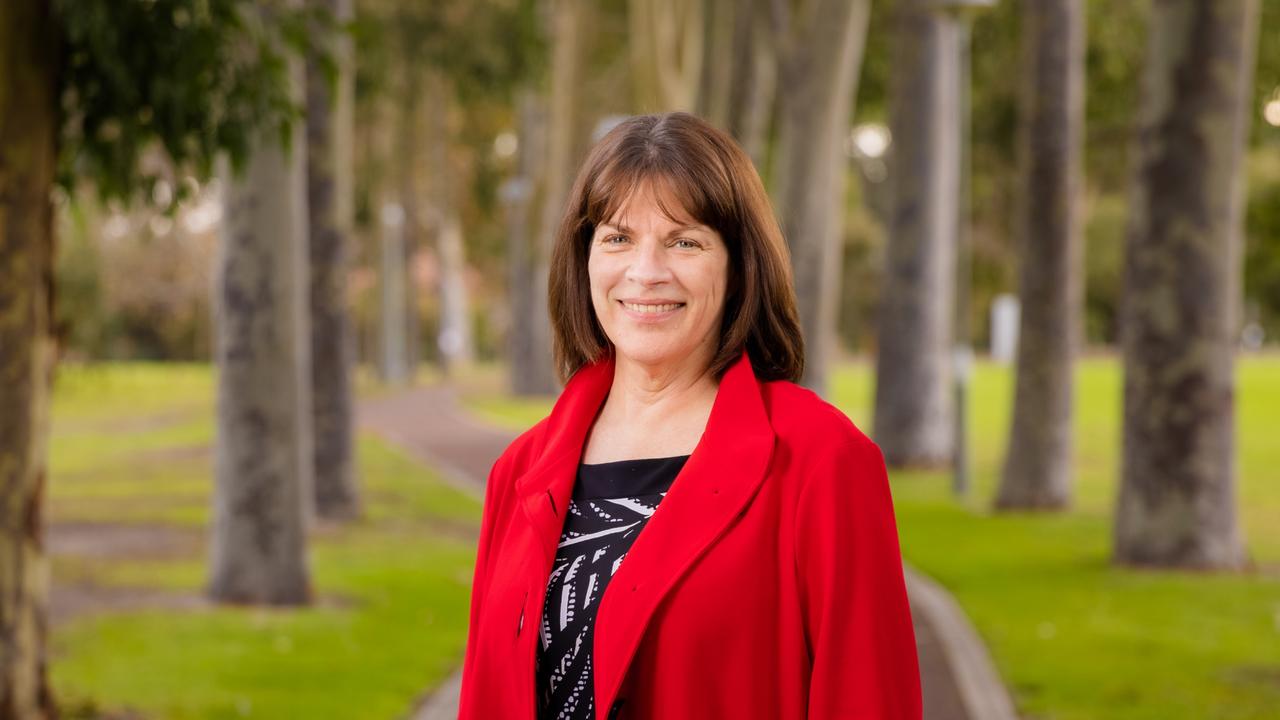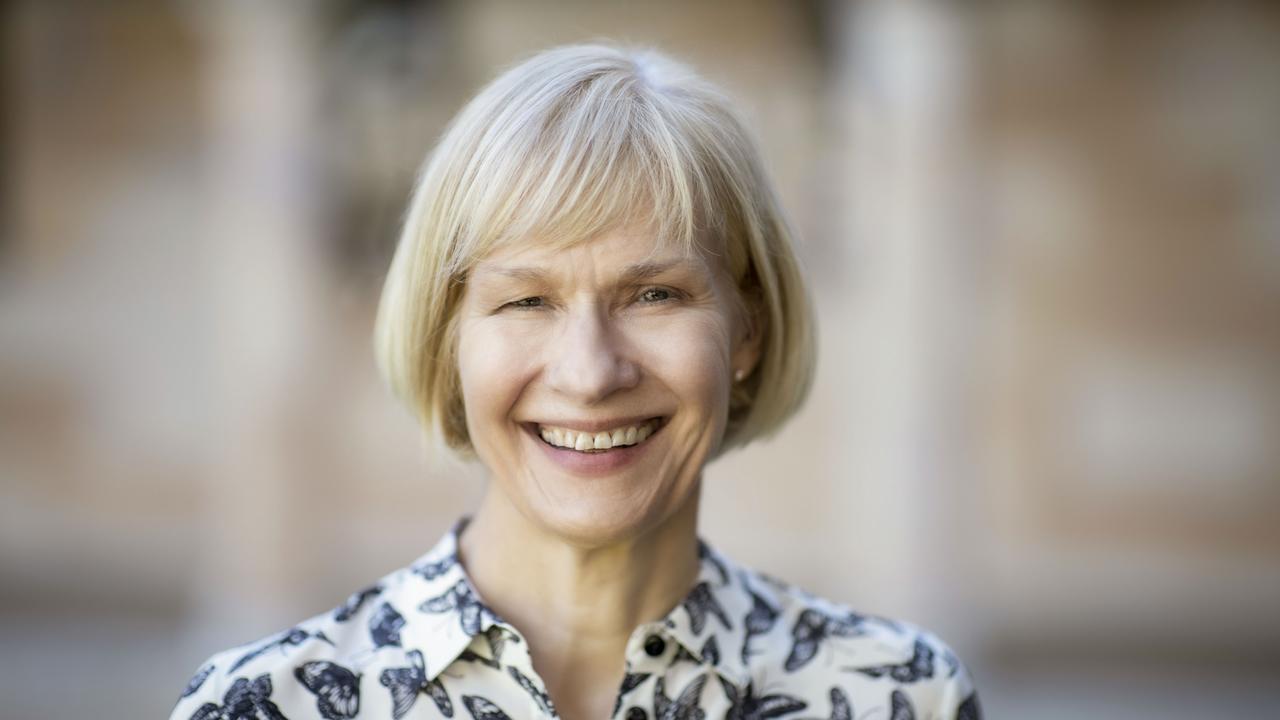Laura Panza is the leading researcher in history
Laura Panza from the University of Melbourne is Australia’s leading researcher in the fields of history and economic history.

Laura Panza looks to the past to understand the growth of economic development in various nations, largely in the Near East: Egypt, Turkey, Syria and Palestine, with a particular focus on the latter.
It’s difficult work because usable data is hard to come by in the Near East, she says.
“There are very few sources; it’s a very under-explored area of the world when it comes to history,” who is named in The Australian’s 2024 Research magazine as the nation’s leading researcher in two fields, history and economic history.
Born in Italy, the bilingual economic historian first studied at the 1000-year-old University of Bologna and then worked on her master’s degree at Pavia University, followed by an internship in Bethlehem, Palestine. Fluent in Italian and English, she also has a working knowledge of Arabic.
With a doctorate from La Trobe University, Panza joined Melbourne University in 2013 as a postdoctoral scholar, where she is now an associate professor of economics and working on a research project looking at the birth of Israel.
“There was a social laboratory in the 1920s before the creation of the state of Israel, where we had massive migrations of Jews to Palestine because of persecution and discrimination in Europe and the Middle East,” she says.
“Within two decades, people from everywhere in the world were coming to a land which was already inhabited by Indigenous people – the Arabs – and they were able to build a very strong state.”

One question she and her colleagues are considering is how social diversity affected nation-building. “We find that places that are more ethnically diverse are more able to build a state,” she says.
The work of Panza and her colleagues measured state-building success in terms of the number of military leaders and political leaders who would go on to run the state of Israel. She has also researched inequality among white settlers in Australia. Similar work on Indigenous peoples was stymied by the sheer lack of historic information about them.
“It was almost impossible to get any data on Indigenous people,” she says. “In the 19th century, they were still counted as flora and fauna. I’m an economist, I need numbers.”
Panza and her colleagues are also delving into post-World War II voting patterns in Italy – research triggered by the Italian elections in 2022 and the question of why extreme right-wing parties are returning to power.
“We began looking at how it all started in the 1920s. We looked at the role of opposition back then and how it is continuing to impact voting behaviour over time,” she says. “Places that historically had more opposition to fascism today vote less for the Right. So, there’s a persistence in voting patterns.”
In some parts of Italy, there are lingering memories of the World War II battle against fascism, Panza says. Streets are named for partisans and memorials dedicated to the Italians who fought against fascism.
So, as well as voting inclinations passed on through generations, there is a continuous reminder of the bloody history of the region.
“It’s a bit of mix,” Panza says. “There are the families and the transmission of values, and the community you live in impacts the way you think and vote.”


